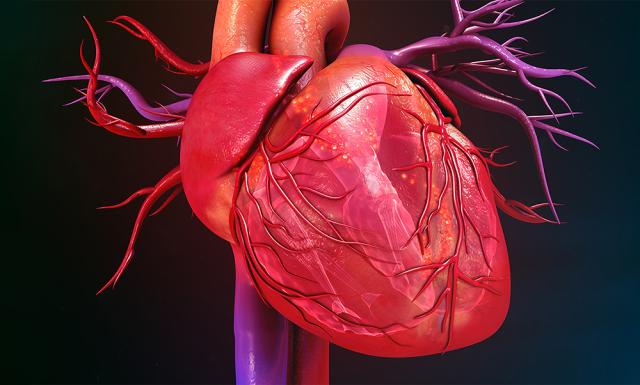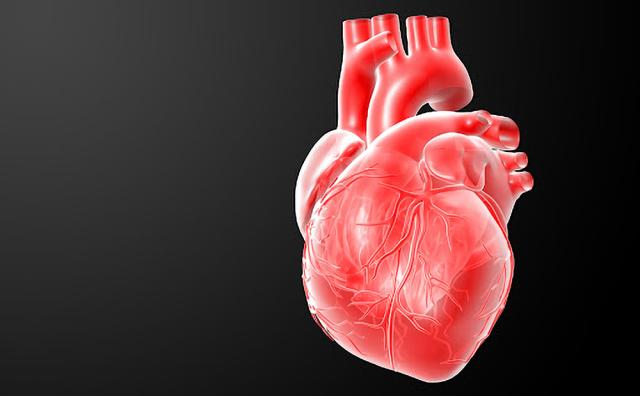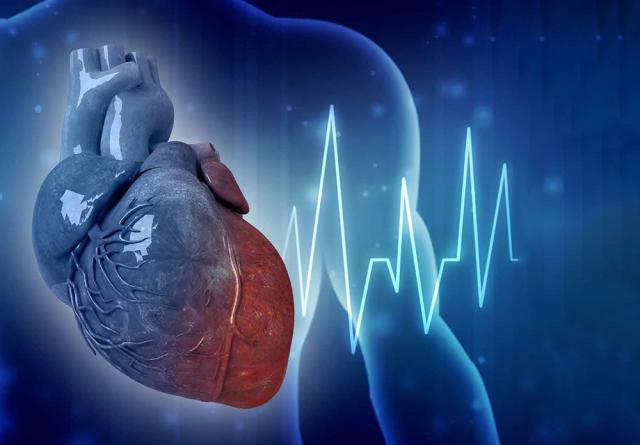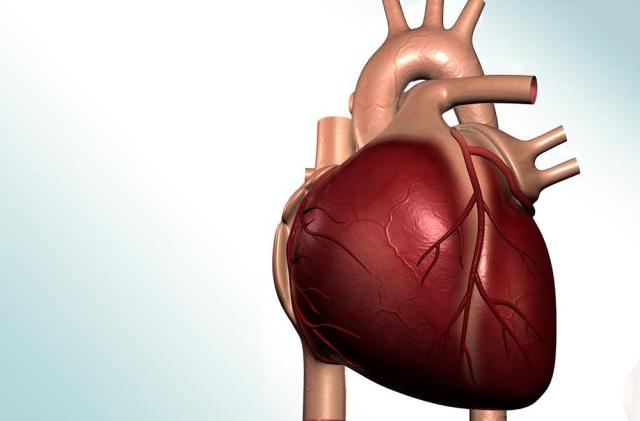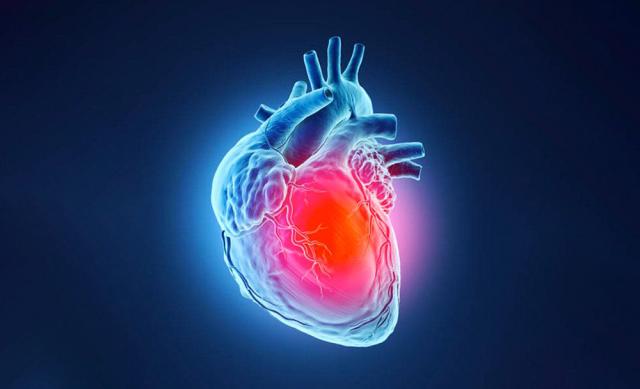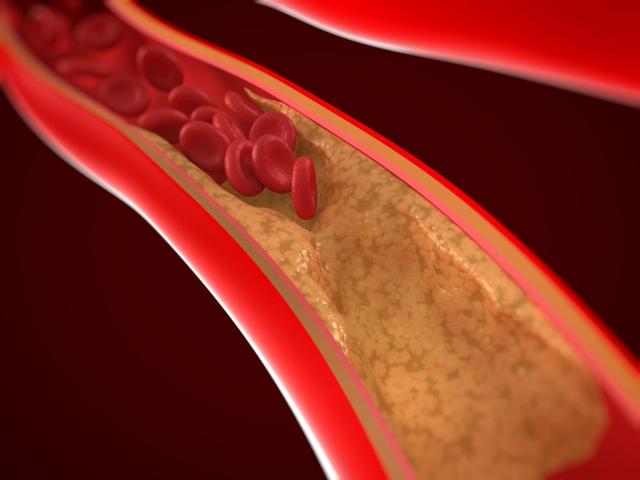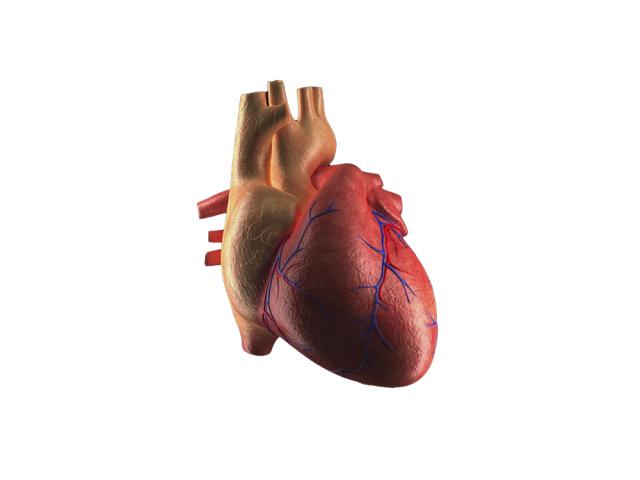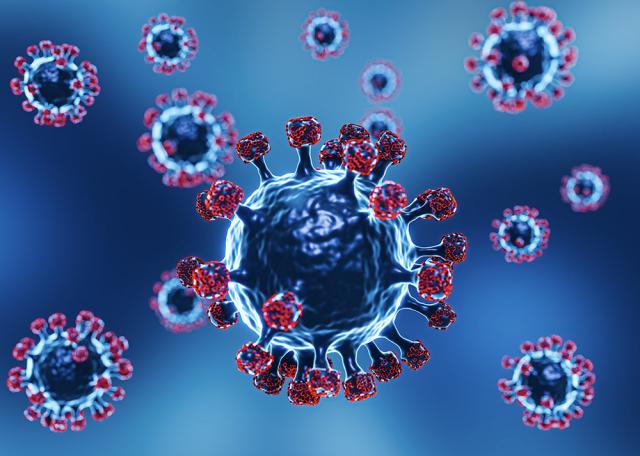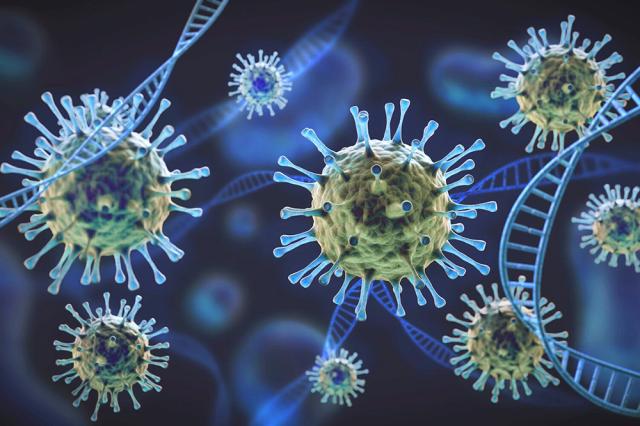Cardiomyopathy diseases, cause, symptoms and treatments
Cardiomyopathy is a medical condition that affects the heart muscle, causing it to become thick, rigid, or weakened. This can lead to a variety of symptoms and complications, and in some cases, can even be life-threatening. In this post, we'll explore the causes, symptoms, and treatment options for cardiomyopathy.
There are several different types of cardiomyopathy, and the causes can vary depending on the specific type.
Some common causes of cardiomyopathy include: 1....Valvular diseases, cause, symptoms and treatments
Valvular heart disease is a medical condition that affects the valves of the heart. The heart has four valves that control the flow of blood in and out of the heart, and when these valves do not function properly, it can lead to valvular heart disease. In this post, we'll explore the causes, symptoms, and treatment options for valvular heart disease.
Valvular heart disease can be caused by a variety of factors, including: 1. Congenital heart defects:Some people are born with valve...
Arrhythmia diseases, cause, symptoms and treatments
Arrhythmia is a medical condition that affects the rhythm of the heart. It occurs when the heart beats irregularly, too fast or too slow, and can cause a range of symptoms including dizziness, shortness of breath, chest pain, and fatigue. In this post, we'll explore the causes, symptoms, and treatment options for arrhythmia.
Arrhythmia can be caused by a variety of factors, including: 1. Coronary artery disease:When the arteries that supply blood to the heart become narrow or...
Heart failure diseases, cause, symptoms and treatments
Heart failure is a serious medical condition in which the heart is unable to pump enough blood to meet the body's needs. This can lead to a variety of symptoms and complications, and requires ongoing medical management. In this post, we'll explore the causes, symptoms, and treatment options for heart failure.
Heart failure can be caused by a variety of factors, including: 1. Coronary artery disease:This is the most common cause of heart failure. When the arteries that supply blood...
Heart attack diseases, cause, symptoms and treatments
A heart attack occurs when blood flow to a part of the heart is blocked, typically by a blood clot. Without proper blood flow, the affected part of the heart can become damaged or even die. In this post, we'll explore the causes, symptoms, and treatment options for heart attacks.
Causes:The most common cause of a heart attack is the buildup of plaque in the coronary arteries, which supply blood to the heart muscle. When a plaque ruptures, a blood clot can form, blocking...
Coronary Artery Disease (CAD), cause, symptoms and treatments
Coronary Artery Disease (CAD) is a condition in which the coronary arteries that supply blood to the heart become narrow or blocked due to the buildup of plaque. This plaque buildup can limit blood flow to the heart and increase the risk of heart attack and other cardiovascular problems. In this post, we'll explore the causes, symptoms, and treatment options for CAD.
Causes:The main cause of CAD is the buildup of plaque in the coronary arteries. Plaque is a mixture of cholesterol,...
Heart diseases, cause, symptoms and treatments
The heart is one of the most important organs in the body, responsible for pumping blood and delivering oxygen and nutrients to all parts of the body. However, like any other organ, the heart can be affected by various diseases. In this post, we'll explore some of the most common diseases that affect the heart.
Their causes, symptoms, and treatment options: 1. Coronary Artery Disease (CAD):Coronary artery disease is the most common heart disease and occurs when the blood vessels...
Coronavirus disease 2019 (COVID-19)
Coronavirus disease 2019 (COVID-19) is a highly contagious respiratory illness caused by the SARS-CoV-2 virus. The virus was first identified in December 2019 in Wuhan, China, and has since spread rapidly around the world, causing a global pandemic. As of the time of writing, the virus has infected over 400 million people and has caused over 6 million deaths worldwide.
SARS-CoV-2 Variants:Like all viruses, SARS-CoV-2 can mutate over time, leading to the emergence of new variants....
Viruses and bacteria
Viruses and bacteria are two distinct types of microorganisms that can cause infections in humans and animals. Viruses are much smaller than bacteria and are not considered living organisms as they cannot replicate on their own and require a host cell to reproduce. They are made up of genetic material (DNA or RNA) surrounded by a protein coat, and can be highly specialized to target specific types of host cells. Once inside...
Vaccines
Vaccines are one of the most effective public health interventions in human history, helping to prevent numerous diseases and save countless lives. Vaccines work by training the immune system to recognize and fight specific diseases, reducing the risk of infection and transmission.
Here are some of the diseases that vaccines have helped prevent: 1. Measles:Measles is a highly contagious viral disease that can cause severe complications, including pneumonia, brain swelling, and...
